Addiction is a highly complex condition that can affect virtually anyone. In the United States alone, approximately 21 million people suffer from at least one addiction every year. Unfortunately, of those 21 million people, only 10 percent receive help and treatment. That leaves a lot of people struggling with addiction.
At Burlington United Methodist Family Services, Inc., we know that addiction can be a challenging disease to part with, but we are here for you. Acknowledgment is the first step. If you’re reading this blog, you’ve already started the path to your recovery. Continue reading to learn about the four signs that you may have an addiction.
A SHIFT IN MOOD OR PERSONALITY
Sometimes, it’s difficult for someone to acknowledge a shift in their personality. But the first thing to ask yourself is if you are feeling more irritable or angry about things lately? Do things tend to make you more upset than they usually would? Both of these questions can help you assess your recent behavior and identify possible sudden mood shifts.
Some examples of mood or personality changes to step back and assess yourself include:
- Sullen, withdrawn or depressed
- Less motivated
- Silent or uncommunicative or avoidance
- Hostile, angry or uncooperative
- Unable to focus
- Sudden loss of inhibitions
- Hyperactive or unusually elated
SUDDEN PHYSICAL CHANGES
Substance use can alter your appearance, which can be easier for one to notice over behavior changes. The health-related problems that stem from substance use vary by the substance, some changing physical appearances more drastically than others. As this continues, these changes will become more noticeable. Drug and alcohol addiction can also negatively impact the immune system, leading to contracting illnesses.
Common physical changes you may begin to notice are:
- Frequent sickness
- Bloodshot eyes and abnormally sized pupils
- Unusually tired
- Sudden weight loss or weight gain
- Feelings of impaired coordination
- Slurred speech
- Nosebleeds and/or runny nose, not caused by allergies or a cold
- Sores, spots around the mouth
- Skin abrasions/bruises
- Frequent perspiration
- Seizures and/or vomiting
A SUDDEN CHANGE IN SOCIAL LIFE
Addiction is typically something hidden from others. For example, you may try to hide an addiction by becoming less responsive to your friends and family, especially if you have physical effects you are afraid they might notice. Other reasons for change could be cutting yourself off from conversations because you feel depressed or withdrawn from society.
Some signs you may be starting to socially withdrawal include:
- Ignoring family and friends
- Lazy/lack of interest in hobbies
- Absenteeism or a loss of interest in work
- Eye contact avoidance
- Disappearance
- Staying out later than normal
- Finding yourself making endless excuses
- Often using over-the-counter preparations to reduce eye reddening or nasal irritation
AN INCREASE IN ALCOHOL/DRUG INTAKE
This one may seem straightforward, but it actually can be more complex than one would think. Denial goes hand and hand with addiction. And as stated above, only 10 percent of Americans actively seek help for their addiction, which means that many do not even recognize the addiction or how severe it may be.
Some common questions to ask yourself are:
- Are you continuing to use prescription medications after your issue has subsided?
- Do you find yourself spending more money on alcohol and or drugs than normal?
- Are you using and or drinking more frequently each day?
- If you answered “yes” above, is it because your average intake is no longer making you feel better as it once did?
- Do you feel worse when you are not using or drinking?
If you answered “yes” to any of the questions above, it might be time to seek help.
ADDICTION RECOVERY | BURLINGTON UNITED METHODIST SERVICES
The meaningful work we do every day at Burlington United Methodist Family Services, Inc. provides hope and healing to individuals and families throughout communities, the state of West Virginia and beyond. We offer many different avenues to help those suffering from addiction, such as Staggers Recovery House, Therapeutic Treatment Program, Spiritual Life and more. If you need help or have questions about addiction recovery or any of our other services, please contact us at 304-260-5884 or foundation@bumfs.org.
“For I know what I have planned for you,” says the Lord. “I have plans to prosper you, not to harm you. I have plans to give you a future filled with hope.” — Jeremiah 29:11
